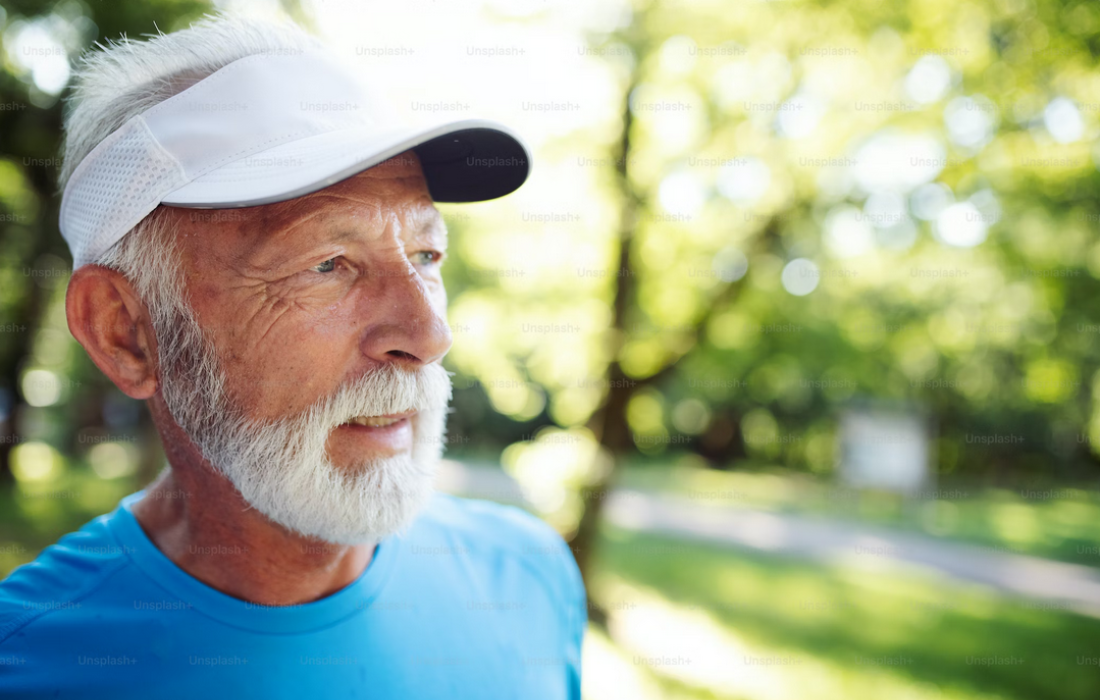Urinary incontinence is a challenging condition that can unfortunately affect men and have social consequences, especially when it comes to participation in sports and physical activities. Here we take a closer look at some of the potential social consequences men may experience due to sports-related urinary incontinence:
-
Self-esteem and self-confidence: Men who experience urinary incontinence during sports may experience a decrease in self-esteem and self-confidence. Fear of public humiliation or concern about dissuading others from participating in the sport can have a negative impact on mental health and social well-being.
-
Social Withdrawal: The fear of leaking urine in public can lead to social withdrawal. Men may refrain from participating in sporting events, training or team activities to avoid potential embarrassment. This can lead to isolation and lack of participation in social communities.
-
Impact on Sports Performance: Urinary incontinence can have a direct impact on sports performance. Men may be reluctant to participate fully, restrict their movements, or refrain from participating in sports they once enjoyed. This can affect their physical health and well-being.
-
Effect on Social Relationships: When men refrain from participating in sports or physical activities due to urinary incontinence, it can also affect their social relationships. They may feel cut off from communities where sport and exercise form an important part of social interactions.
-
Family and Intimate Relationships: Urinary incontinence can also affect intimate relationships, especially when men refrain from participating in joint sports or physical activities with their partners or children. This can create frustration and misunderstandings in the family.
-
Stigma and Lack of Understanding: General lack of understanding and stigma around urinary incontinence can lead to a feeling of isolation. Men may hesitate to talk openly about their challenges and may therefore lack the necessary support from their social circle.
Handling and Solutions:
-
Professional Advice: Men should consider consulting a health professional for advice and treatment options.
-
Use of Protective Products: There are specially designed incontinence products, such as panties and pads, that can help manage leaks during physical activities.
-
Increased Awareness and Information: Raising awareness around urinary incontinence and breaking the taboo can help create a more understanding and supportive atmosphere in society.
-
Pelvic Floor Exercises: Strengthening the pelvic floor through targeted exercises can help improve control and reduce the incidence of urinary incontinence during physical activities.
By tackling urinary incontinence openly, seeking professional help and finding customized solutions, men can minimize the social consequences and continue to enjoy an active and healthy lifestyle.

